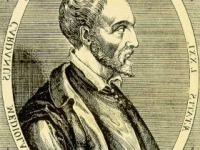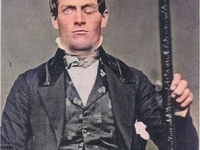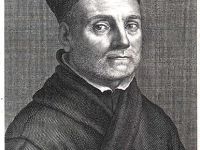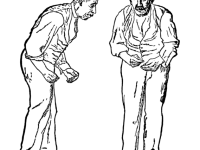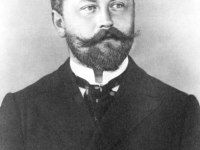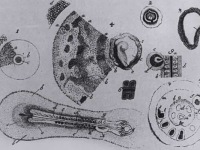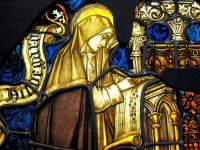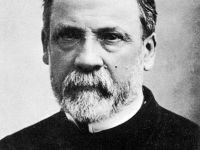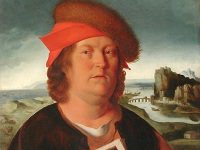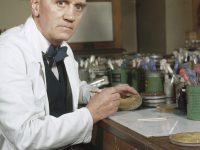Gerolamo Cardano and Physician, Mathematician, and Gambler
On September 24, 1501, Italian Renaissance mathematician, physician, astrologer and gambler Gerolamo Cardano was born. He wrote more than 200 works on medicine, mathematics, physics, philosophy, religion, and music. But, he is best known for his gambling that led him to formulate elementary rules in probability, making him one of the founders of probability theory. “The greatest advantage in gambling lies in not playing at all.” – Gerolamo Cardano (around 1560). Liber…
Read more

